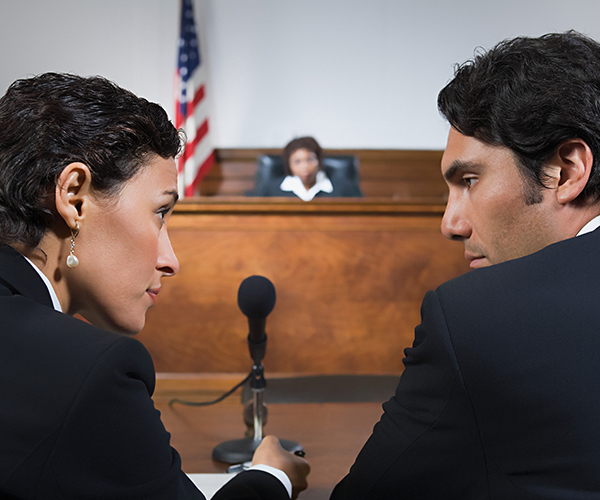plea bargaining an OWI in Wisconsin
Risks & Consequences
What is the penalty for a driver receiving their first OWI?
Imagine that you are being charged with your first "operating while intoxicated" (OWI, aka DUI or DWI in some states). You got pulled over and breathalyzed, and the policeman is prepared to testify that you were driving drunk. It sounds like a slam-dunk case against you. In some states 'tavern wisdom' advises you to just show up and try to plea bargain the charge down to "wet reckless" AKA reckless driving while intoxicated. Is accepting a plea bargain really your best option? When making this decision, carefully weigh what a plea bargain really means:

- Pleading guilty = being convicted. If you enter a plea of guilty, it is the same as if you had lost at a trial. The difference is, when you plead guilty, you waive your rights to have a trial and to cross-examine witnesses. Depending on your agreement with the prosecutor, you may still face having your license suspended and an ignition interlock device installed besides jail time or fines.
- Anything you reveal during negotiations can be used against you if you ultimately decide to go to court. When bargaining with the prosecutor, you may be tempted to reveal an element of your trial strategy to show what a strong case you have. But now the prosecutor will have time to prepare a comeback! Even worse, a casual atmosphere around your conversation with the prosecutor could lull you into a false sense of security, and you could let slip an admission of guilt which, again, would be used against you if you decide to go to trial. So, while plea bargaining could be the best thing for your case, be extremely cautious about what you say and let your lawyer take the lead in negotiations.
- You will now have an OWI on your record. While your plea bargain may have resulted in less jail time or a lower fine than if you had lost at trial, all the other effects of an OWI will follow you just the same. Because subsequent OWIs have steeper and steeper penalties, you will be subject to these if you ever have another conviction. Your insurance rates are also almost certain to increase. If you already have three OWIs on your record, the next offense is a felony.
- Consider how pleading guilty (which equals a conviction!) will affect your immigration status and/or gun rights. If you are trying to be naturalized as a citizen, your application could be denied if you are convicted of controlled substance offense; for instance, if your OWI involved drugs rather than alcohol. Alternatively, multiple OWIs could be considered evidence of alcoholism, which is also grounds for denial. Pleading guilty to a felony OWI means that you would lose your gun ownership rights.
In view of the above, you will want to weigh your options carefully and speak to an attorney, perhaps getting a second opinion, before pleading guilty to an OWI. At Grieve Law in Waukesha county, our experienced criminal defense lawyers examine each of our client’s cases with an eye to the best solution to their personal circumstances. If you’re facing OWI charges, call our criminal defense law firm now for a free consultation!
In Wisconsin, how long does a first-offense OWI charge stay on your record?
First offense OWI in Wisconsin, can remain on your permanent record for life, and even if you don't get a $1,000+ fine, you could still have those charges listed on your record.


